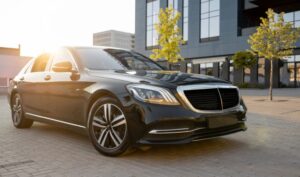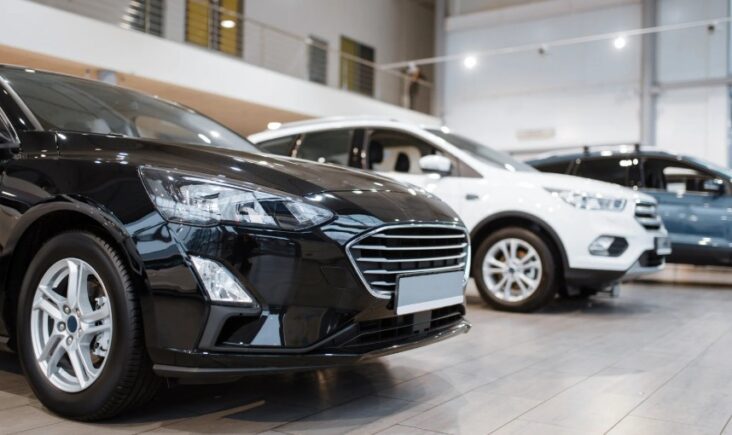Having a vehicle can be vital to your business operations, and being able to offer company cars is an attractive perk for employees. If you’re thinking of making this investment, follow this guide to help ensure you find a cost-effective option in terms of initial price and long-term ownership charges.
Top 4 Proven Tips to Save on Company Car Investments
1. Choosing the Right Vehicle

There are so many models on the market these days that finding the right car can seem like an impossible task. Focusing on the essentials and your priorities will help you identify the most cost-effective option that delivers what you need.

Consider the size, ensuring there’s adequate room for luggage or products you may need to carry. If you’ll be transporting goods on a regular basis, a van may be more appropriate than a car.
Fuel type is important too: EVs may be less suited to longer journeys, although the range of the latest models is much improved, while a car with a petrol engine may not align with your company sustainability goals.
2. Thinking Long-term
Avoid making your decision based solely on the price tag: you should think long-term to help ensure the vehicle will be good value throughout your ownership.
For example, a cheap used model might look attractive initially, but if reliability is compromised you could find yourself replacing it not long after purchase and losing your initial investment.
Try to balance the cost and quality of the vehicle to find a happy medium and remember that a brand’s reputation for safety is more important than its status. If buying new, keep an eye out for benefits like warranty policies that will help you save in the future.
Especially given inflated energy costs, looking at fuel efficiency is also key to ensuring you make a cost-effective choice.
Price and fuel efficiency directly impact UK company car tax too. Based on the guidelines put in place for 2025 to 2030, you’ll pay less tax on lower-value vehicles with lower CO2 emissions.
3. Exploring Buying vs Leasing

Buying a vehicle outright might seem like the most straightforward option, but leasing offers a set of distinct advantages, particularly for businesses that rely on having up-to-date or luxury vehicles. Leasing can spread the cost over a few years and include maintenance within the lease agreement, giving you financial predictability to aid healthy budgeting and avoiding hefty repair bills.
You also don’t have the hassle of having to sell the car once it’s run its course. At the end of your leasing contract, you simply return the car and it for a newer model should you wish to.
Having said that, buying provides you with full ownership which could be a more cost-effective option in the long run if you plan to keep the car for many years. The decision depends largely on your cash flow and your business’s financial needs.
4. Considering Wider Costs
The cost of your investment doesn’t end with buying or leasing the car. Insurance, road tax, maintenance and fuel all add to your total cost of ownership.
Compare appropriate car insurance policies to find the best available deals, ensuring you choose comprehensive business cover for full financial protection. Insurance might seem a frustrating cost but it’s a legal requirement and could save you thousands should you be involved in a collision on the road.
Regular servicing is another essential expense that will help prevent you facing sizable charges in the long run.
Schedule routine inspections with expert mechanics at least once a year, or every 12,000 miles, to keep the vehicle in good condition and save you from big bills that could leave a hole in your business budget.








GIPHY App Key not set. Please check settings